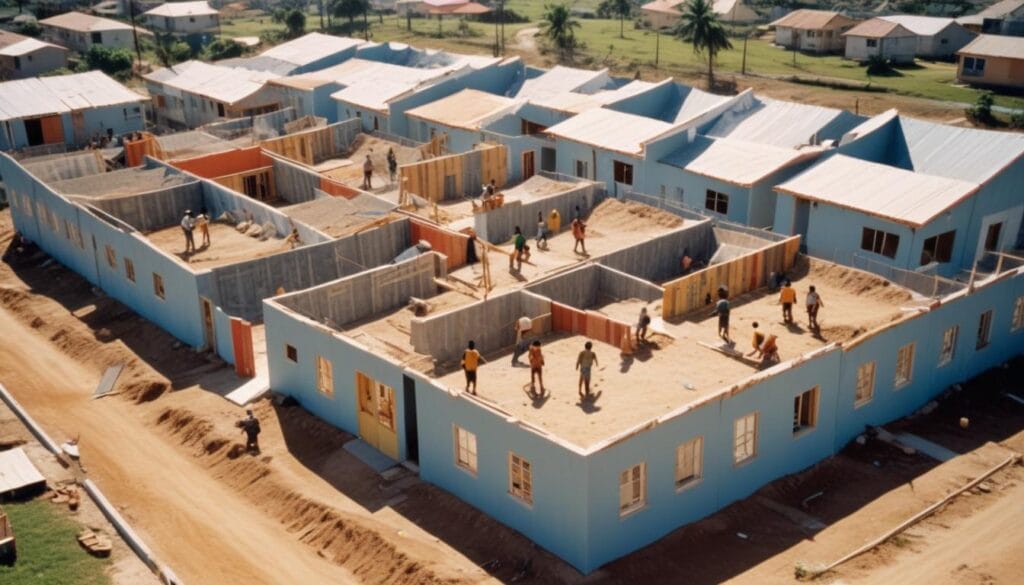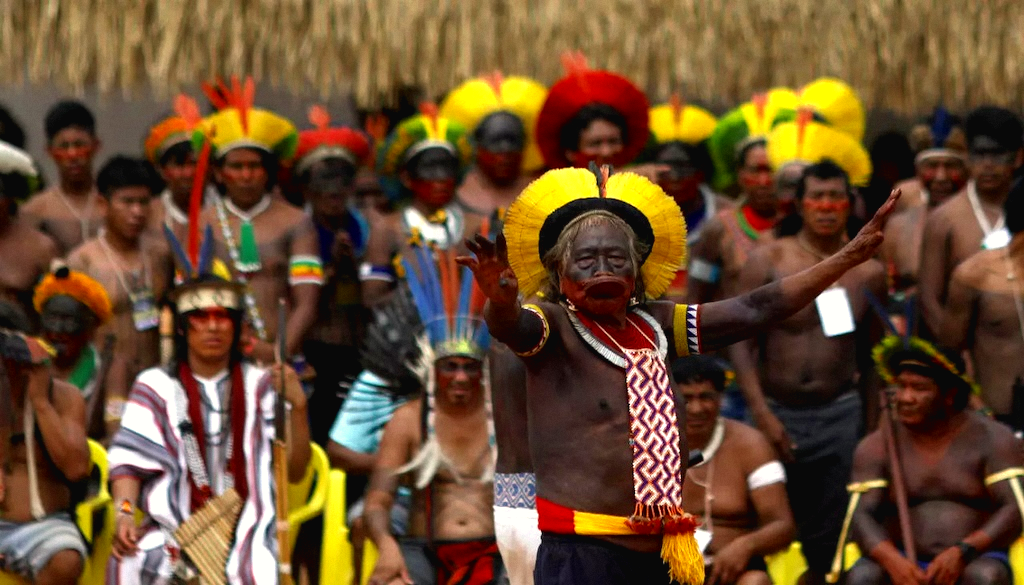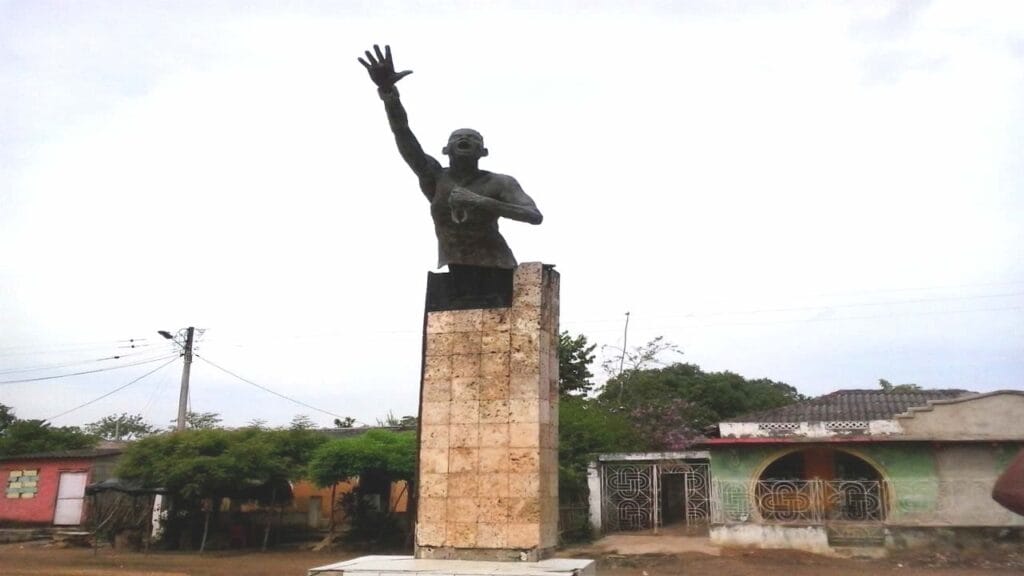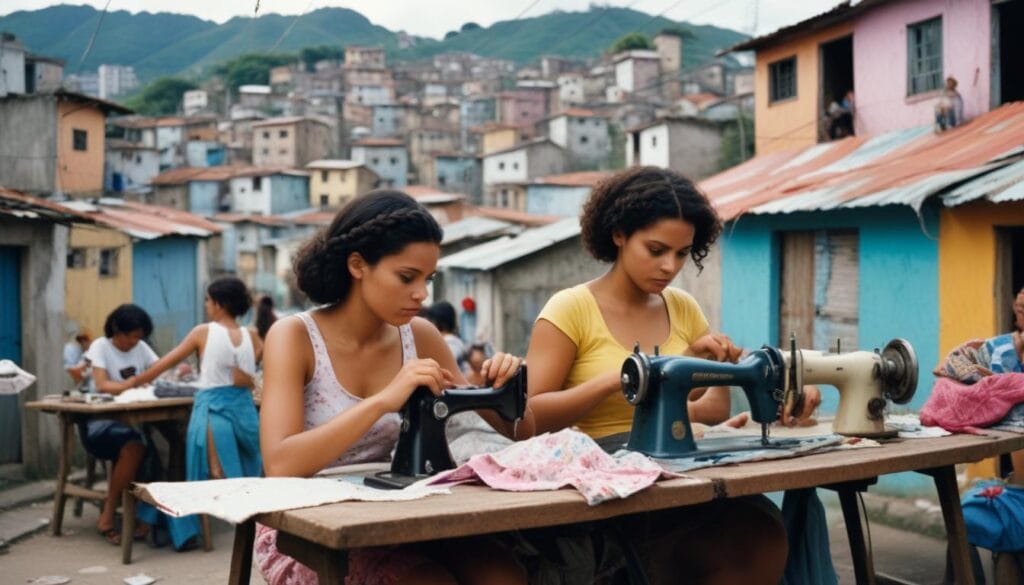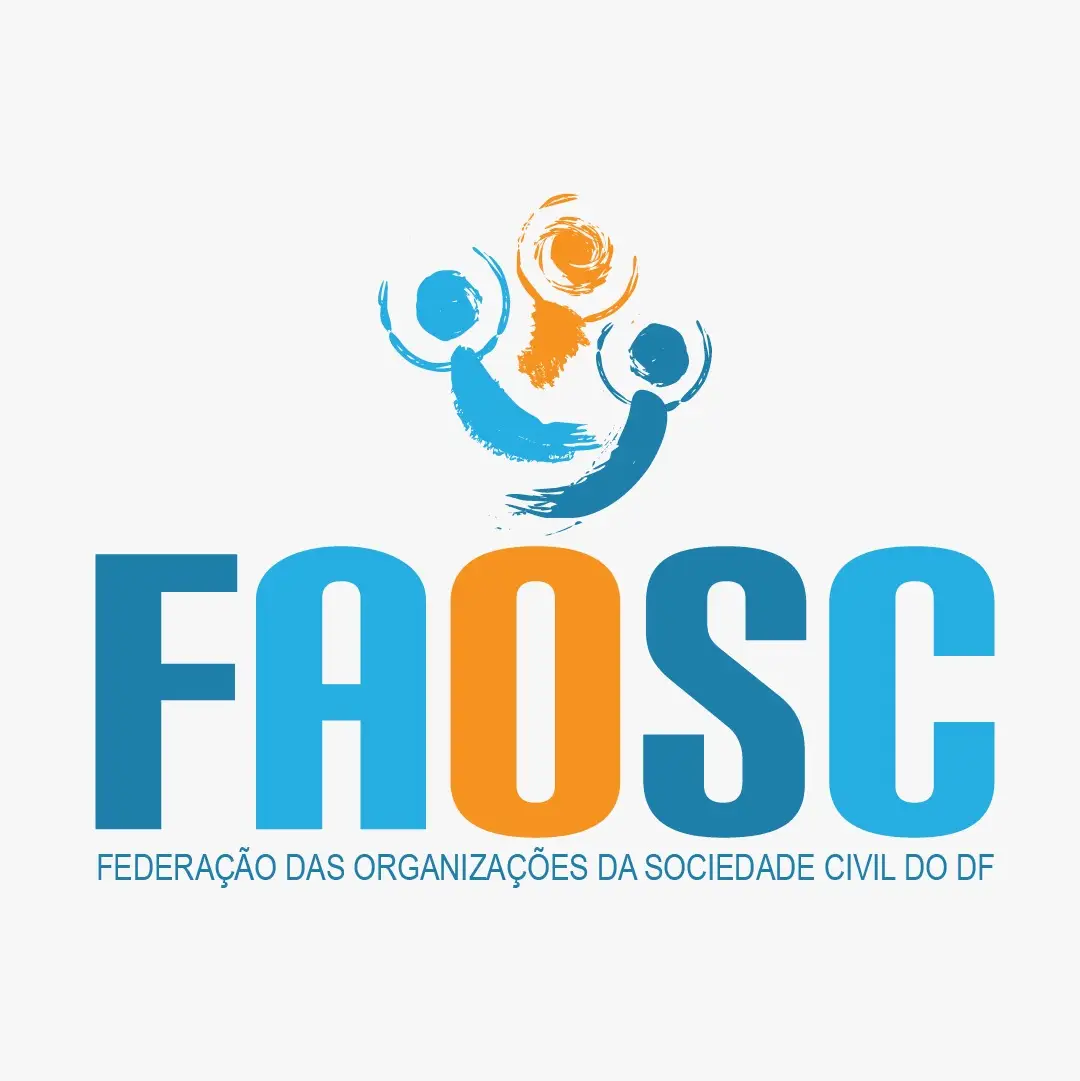Slum Urbanization: A Path to Social Inclusion
Slum upgrading is a key strategy for social inclusion in Brazil, since many of these areas are inhabited by historically marginalized populations. The lack of basic services, such as drinking water, sanitation and access to transportation, perpetuates a cycle of poverty that makes social mobility difficult. By implementing an urbanization project, the state is taking an important step towards correcting these inequalities, offering not only better living conditions, but also the possibility of access to fundamental rights.
In addition to infrastructure, urbanization must include the active participation of residents in the transformation process. When communities are involved in the design and execution of projects, there is a greater likelihood that the interventions will meet the real needs of the population. This collaborative approach strengthens the sense of belonging and accountability, creating an environment more conducive to the development of community actions that can result in continuous improvements in quality of life.
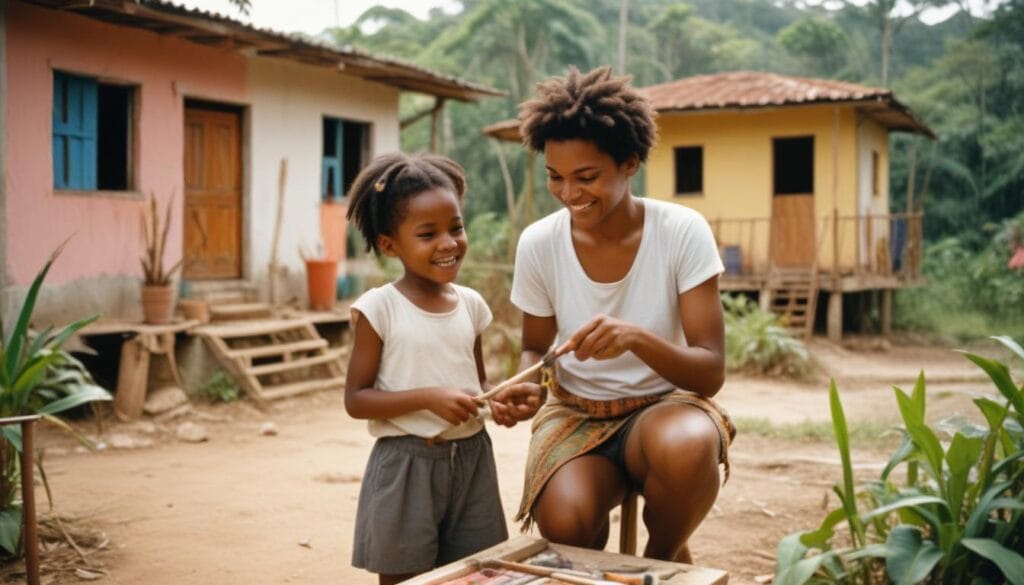
Urbanization as a Tool for Transformation
Finally, favela urbanization also has the potential to change the external perception of these spaces. It is common for favelas to be seen only for their difficulties, but urban transformation helps to reveal the cultural and social potential that these communities have. The valorization of local identity, through adequate public spaces and quality services, can contribute to a new narrative, where the favela is seen as a place of resistance and creativity, and not just of deprivation.
Several urbanization projects have been implemented in Brazilian favelas with significant results. One notable example is the “Favela Bairro” program, which aims to integrate favelas into the urban fabric of cities. This project not only builds infrastructure, but is also concerned with creating public spaces and offering social services, such as education and health, which are vital for improving the quality of life of communities. By transforming favelas into integrated urban areas, the program contributes to greater inclusion and dignity for residents.
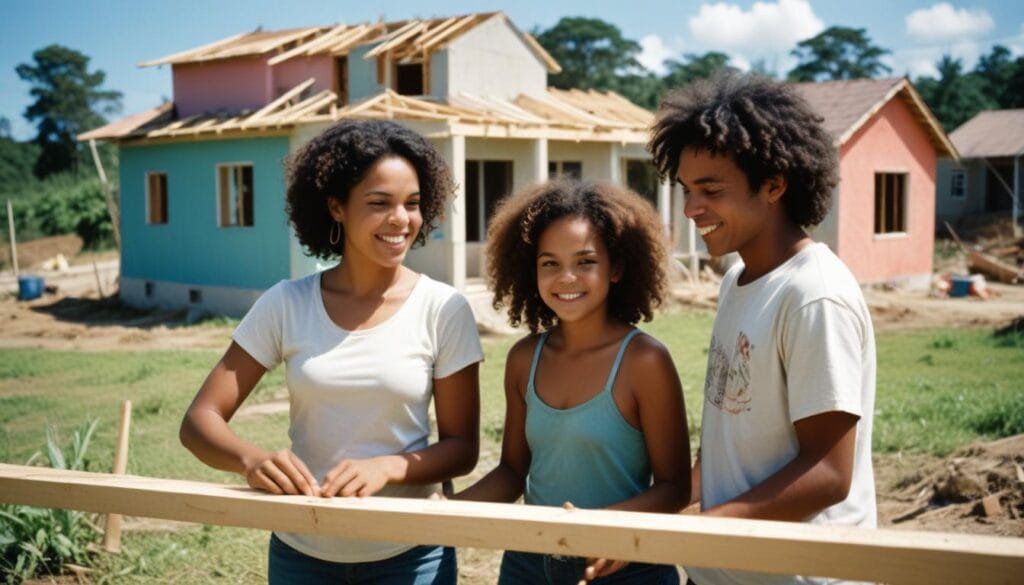
Projects that Transform Communities and Improve Lives
Another example of success is “Minha Casa, Minha Vida”, which, although it has faced criticism, has created opportunities for many low-income families to have access to decent housing. By focusing on urban areas, the program has also helped to improve infrastructure and services in favelas, promoting social mobility. The interaction between communities and public policies is essential to ensure that these projects meet local expectations and needs, creating a positive long-term impact.
In addition to government projects, many non-governmental initiatives have stood out in the urbanization of favelas. Community organizations and NGOs have worked to develop sustainable and innovative solutions, such as urban gardens and living spaces, which not only improve infrastructure, but also promote social cohesion. These initiatives demonstrate that urbanization goes beyond physical construction; it’s about creating an environment where citizens can come together, collaborate and thus strengthen their communities.
The urbanization of favelas in Brazil is undoubtedly a promising path towards social inclusion and community empowerment. By joining forces between the government, non-governmental organizations and the residents themselves, it is possible to transform not only the urban landscape, but also the lives of the people who inhabit these spaces. With an approach that goes beyond the mere construction of housing, urbanization can become an engine for social, cultural and economic development, contributing to a fairer and more equal Brazil.



